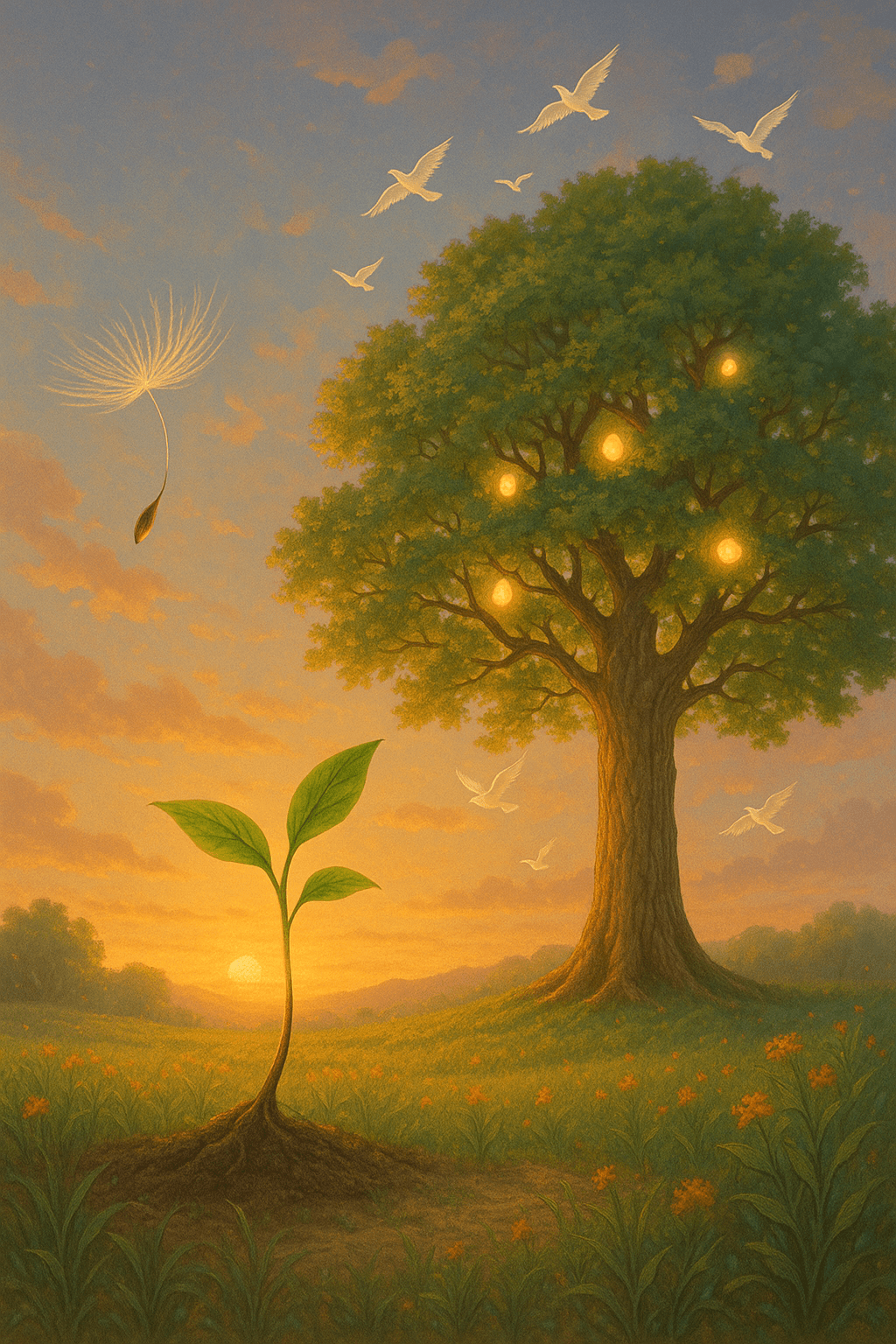From Wonder to Wisdom: Action as the Fulcrum

Wisdom begins in wonder and blooms in action. — Confucius
The Spark of Curiosity
Confucius’ phrase underscores a timeless truth: before wisdom can flourish, it must be ignited by wonder. Human curiosity, that deep questioning spirit, serves as the foundation for all knowledge. As in Socrates’ reflections in Plato’s *Theaetetus*, meaningful inquiry often emerges from a sense of awe—a recognition that not everything in the world is understood or explained. This initial astonishment drives us to explore, ponder, and seek meaning beyond the obvious.
Wonder as a Catalyst for Growth
Flowing naturally from curiosity is the willingness to learn. Wonder, in this sense, breaks through complacency and encourages growth. In ancient China, Confucian disciples were known for their relentless pursuit of study and questioning, believing that all understanding begins with openness to life’s mysteries. This mirrors contemporary educational theory, where students are urged to maintain a sense of inquiry throughout their lives to foster adaptive, lifelong learning.
Translating Insight into Action
However, according to Confucius, insight alone is not sufficient. Wisdom truly ‘blooms’ only when action follows contemplation. The Analects of Confucius often stress the virtue of practicing what one learns; words and ideas, no matter how profound, must influence behavior to be meaningful. Thus, transformation from mere knowledge to wisdom requires that our sense of wonder be translated into concrete deeds—an essential step often neglected.
Historical Models of Practical Wisdom
This harmony of thought and practice appears repeatedly in history. Aristotle, for example, distinguished between theoretical wisdom (*sophia*) and practical wisdom (*phronesis*) in his *Nicomachean Ethics*. While both begin in contemplation, only the latter achieves its potential through ethical action. Similarly, Confucius advocated for ‘learning and constant practice’, a principle embraced by effective leaders who turn insight into positive change.
Nurturing a Cycle of Enlightenment
Ultimately, returning to the root of wonder sustains the process of wisdom. As each action uncovers new mysteries, the cycle begins anew—renovating our understanding and deepening our sense of purpose. In modern contexts, this dynamic interplay is evident in scientific advances and moral progress, where every discovery prompts further questions, and every deed alters the course of knowledge. Thus, wisdom is not a static destination but a garden perpetually blossoming through curiosity and committed action.